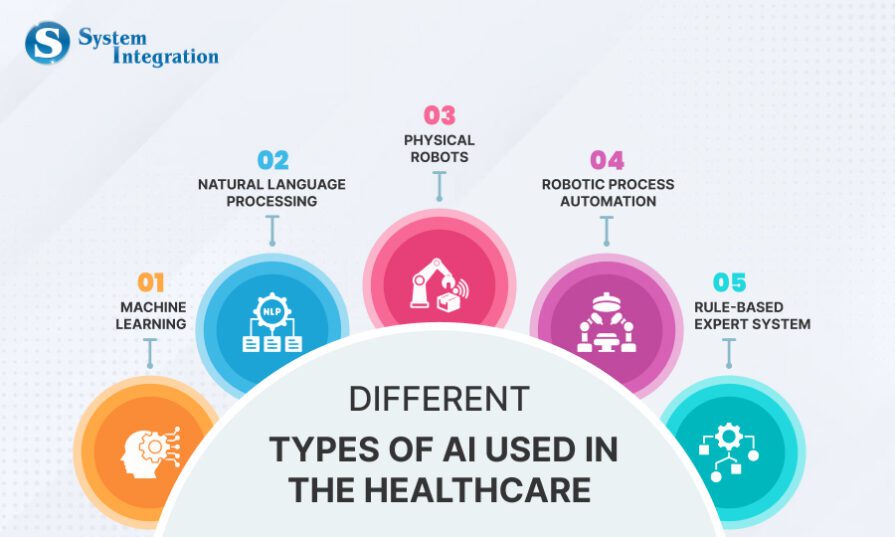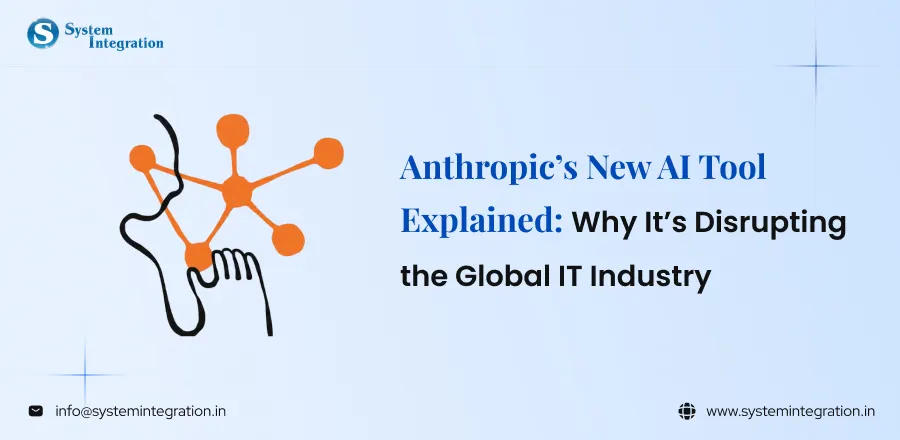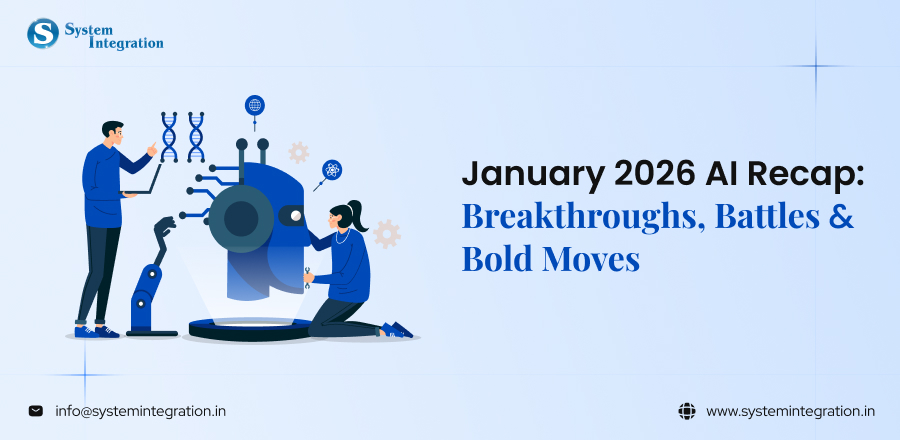Introduction On Artificial Intelligence
“The world is transforming in itself.”
Before going deep into the world of Artificial Intelligence in the Healthcare industry, there will be plenty of questions in your mind like!
Have you ever thought you can change your imagination in the real visualization? Will Artificial Intelligence be the one who gives a bigger height to the healthcare industries? What is the role of Artificial Intelligence in the Healthcare industry? How AI is going to work for the healthcare industry?
Let’s explore all about the Artificial Intelligence
What Is Artificial Intelligence?
In today’s world, everyone says AI. AI is the abbreviation for Artificial Intelligence, the most recent metamorphosis, used by everyone. Building artificially intelligent models that are capable of handling complex calculations and problem-solving requires the use of several different approaches, including machine learning, deep learning, natural language processing, and others. If you are looking for any Artificial Intelligence related software development, you can visit BMV System Integration.
Role Of Artificial Intelligence In The Healthcare Sector
Artificial intelligence has had an impact on several industries since its introduction in the 1950s, including marketing, banking, the video game business, and even the performing arts. The area of healthcare, however, is where artificial intelligence is having the most of an impact. The most significant influence of AI will be in the area of healthcare, which will add $15.7 trillion to the global economy by 2030, according to the most recent PwC research.
Healthcare is changing significantly as a result of artificial intelligence (AI). By understanding the role of artificial intelligence, you can also create healthcare software development according to your needs. The following are some crucial areas where AI is having an impact:
Medical Imaging:
The interpretation of medical imaging has been transformed by AI. It can do image analysis on MRI, CT, X-ray, and mammography scans to help radiologists find disorders like cancer. AI tools may improve the clarity of images, point out anomalies, and even forecast the course of diseases.
Diagnostics:
AI can aid medical personnel in making a variety of diagnoses. AI algorithms can make accurate and quick diagnoses by examining medical data such as symptoms, medical history, test results, and imaging data. In places where access to medical specialists is scarce, this can assist improve patient outcomes.
Drug Discovery:
By evaluating a lot of biological and chemical data, AI can speed up the drug discovery process. In order to more quickly discover promising candidates and cut down on the time and expense involved in bringing new medicines to market, machine learning algorithms can recognize trends and forecast the efficacy of possible medicinal molecules.
Personalized Medicine:
In order to create individualized treatment plans, AI can scan enormous datasets of patient information, including genetic information. AI systems can predict a person’s response to particular therapies by finding patterns and connections, providing customized approaches to therapy.
Virtual Assistants And Chatbots:
AI-powered virtual assistants and chatbots are able to offer round-the-clock assistance by booking appointments, responding to patient inquiries, and offering simple medical guidance. Additionally, based on the patient’s symptoms, they can triage the patient and lead them to the proper care.
Remote Patient Monitoring:
AI can enable continuous monitoring of vital signs like heart rate, blood pressure, and glucose levels in patients. Real-time data analysis by AI algorithms can spot anomalies and notify healthcare professionals of potential problems.
Predictive Analytics:
AI can look for patterns and trends in vast amounts of patient data. In order to deliver healthcare more effectively and efficiently, this can assist predict disease outbreaks, forecast patient admissions, and improve resource allocation in healthcare institutions.
Different Types Of AI Used In The Healthcare

Machine Learning :
Machine learning (ML) algorithms can examine a lot of data to find patterns and forecast the future. ML is employed in the field of healthcare for activities including disease detection, drug research, and individualized treatment planning.
Natural Language Processing :
NLP is a technique that enables AI systems to comprehend and produce human language. NLP is utilized in the healthcare industry for activities including medical transcription, EHR analysis, and chatbot patient interactions.
Physical Robots :
AI-powered robots can help with operations, provide patient care, and assist in rehabilitation, among other functions in healthcare environments. Robots are capable of being programmed to carry out repeated jobs and precise movements with high accuracy.
Robotic Process Automation :
RPA is a technique that uses software “bots” to automate routine, rule-based operations and procedures within an organization. These computer programs replicate human behavior and engage with a variety of software programs, apps, and user interfaces.
Rule-Based Expert System :
In order to simulate human competence and decision-making in a particular subject, rule-based expert systems are a type of AI technology utilized in healthcare. It entails codifying the knowledge and skill of human specialists into a set of rules and applying them to determine course of action or give suggestions.
Pros & Cons Of Artificial Intelligence In The Healthcare Sector
Everything should be balanced, even how AI is used. Although this technology has many advantages in the world of healthcare, it also has certain drawbacks. In addition to the advantages, the table below outlines the problems that AI in healthcare faces.
Advantages
- Better diagnosis
- Better serves remote communities
- Improved clinical judgments
- Streamlines a number of procedures
Cons
- Difficulties with learning AI
- A challenging transformation that needs human aid
- The installation of the right AI platform
Wrapping Up!
Everybody seeks out conveniences in both our personal and professional lives. One of them is artificial intelligence, but it still requires human interaction. Healthcare has undergone a significant evolution, but with the introduction of artificial intelligence, it now has a new vision for the future. If you’re looking for healthcare software development, our knowledgeable and talented developers will give you the most efficient and faultless program that will be wanted and function just as you want. That will enable your patient to comprehend and use it readily, in addition to facilitating your use of it. You can schedule a consultation with us at BMV System Industry by calling us at 079 4039 6039.





